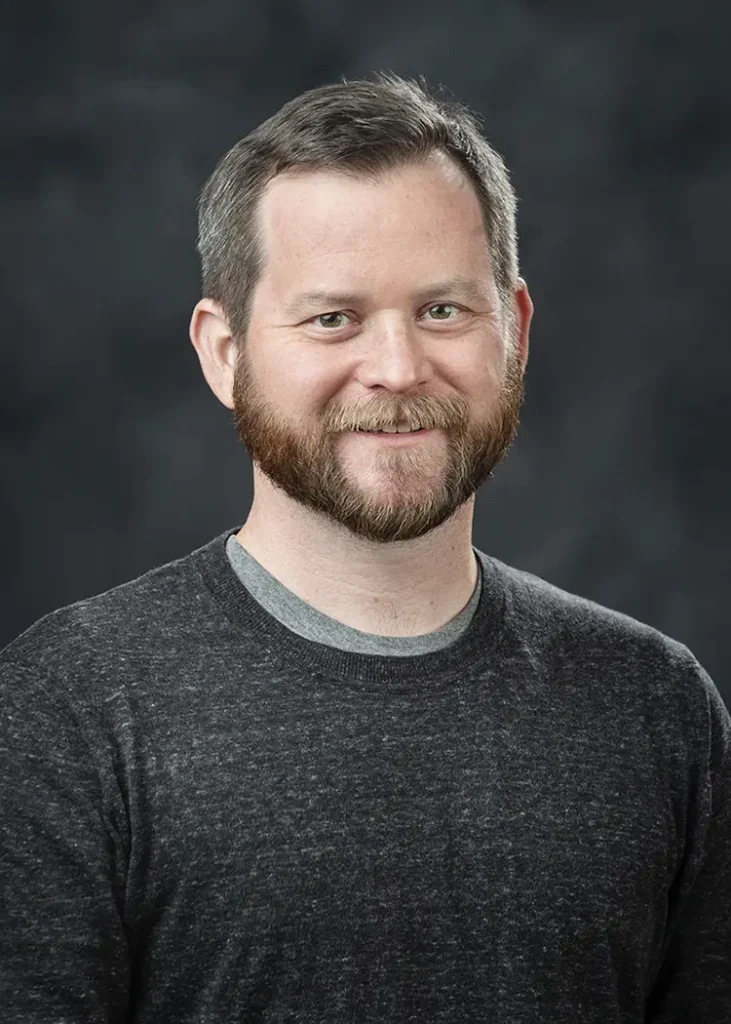Religion Adds Dimensions to Environmental Studies

By studying religion alongside contemporary environmental issues, students at the University of Tennessee, Knoxville, are honing their abilities to analyze complex topics that affect their community and the world.
The Religious Studies 343 Religion, Nature, and Ethics class has examined food insecurity and the housing crisis in Knoxville in recent years. This spring semester students will investigate green technology and the technological capacity to deal with environmental problems.
While topics such as religion, nature, and housing seem to have nothing in common, Associate Professor Joe Witt helps students see the connections and sort through different perspectives with guest speakers, academic readings, and engagement in the local community.
“The way that I approach religious studies is that it’s a window into understanding humans, who we are, why we do what we do, and how we can do things differently,” Witt said.
In the Department of Religious Studies, students have opportunities to explore ethics, worldviews, and values in ways not covered in other classes, adding to their understanding of the world, whatever their majors or minors.
From Classroom to Community
The first year Witt taught the course, students heard from Pastor Chris Battle and volunteered at BattleField Farm, where community partners are providing fresh food for underserved communities in East Knoxville.
Last spring the students explored multiple aspects of the housing crisis in Knoxville, analyzing city data on the problem. While examining the high demand for housing locally, they also discussed climate migration.
“It turns out that this region is one of the safest given the predictions about climate change,” Witt said. That’s one reason people with the means to do so have been moving to the area from places such as California.
“We talked about the issue of climate migration and climate refugees,” Witt said. “So, people who are literally being flooded out from their village in Bangladesh and have to pick up by boat and hopefully land somewhere are struggling with the impacts of climate change. How are these very wealthy people [here], who have the means to choose where they get to go, also dealing preemptively with the issues of climate change, and how is that producing these types of impacts?”
For their final projects, students are able to bring their own interests and perspectives from the primary resources they study.
Last spring some interviewed residents at Tyson House Lutheran-Episcopal Campus Ministry, which offers affordable housing and welcomes LGBTQ students. Another student presented a poetic reflection on a walk down Cumberland Avenue, focusing on its transformation from a unique space with the current construction of condominiums.
Deeper Discoveries
People have assumptions about what words such as religion and nature mean, but a close inspection reveals differences in how people approach issues, even within the same religion, Witt explained. With housing, for example, students compared prosperity gospel theology and those who see a religious mandate to care for people in need regardless of other factors, such as whether they may be addicted to drugs.
“We can think about how the teachings, the practices, either constrain or promote any sort of thing that we might define as environmental care, or even define what counts as the environment to begin with,” Witt said.
Students also discover how to think critically about words, their implicit meanings, and how they affect perspectives and actions.
By Amy Beth Miller